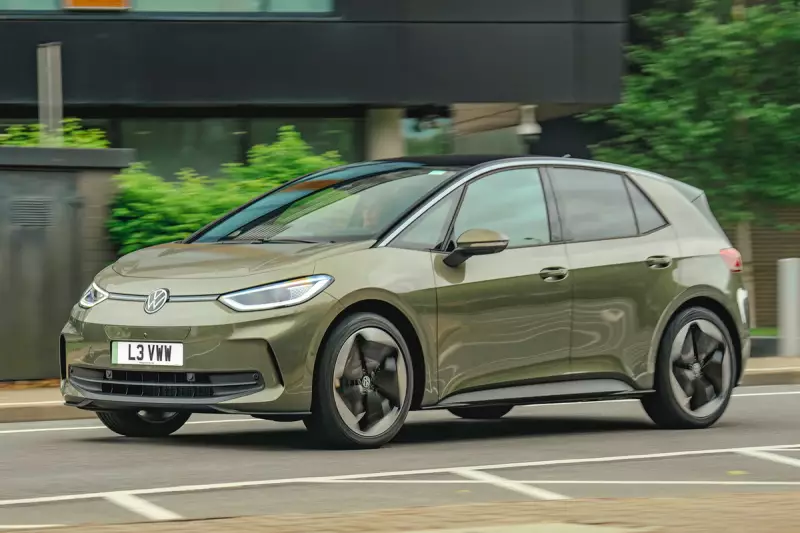
The electric vehicle revolution has reached a critical tipping point, with new data revealing that going green no longer means paying a premium. In a stunning market shift, several popular electric models are now priced lower than their petrol-powered equivalents, challenging long-held assumptions about EV affordability.
The Price Paradigm Shift
Recent market analysis shows that the electric vehicle landscape is transforming before our eyes. Where once electric cars commanded significant price premiums, they're now competing directly—and often winning—on pure cost comparison. This dramatic change is reshaping consumer choices and accelerating the transition to sustainable transport.
Leading the Charge: Models Breaking Price Barriers
Several standout models are driving this price revolution. The MG4 Electric has emerged as a particular game-changer, undercutting comparable petrol vehicles while offering impressive range and features. Similarly, the Fiat 500e and Volkswagen ID.3 are demonstrating that style and sustainability don't require financial sacrifice.
Why the Sudden Price Drop?
Several factors are converging to create this buyer's market:
- Battery cost reductions – Technological advances have significantly lowered production costs
- Increased competition – More manufacturers entering the EV space means better deals for consumers
- Government incentives – Ongoing support schemes continue to make EVs financially attractive
- Economies of scale – Higher production volumes are driving down per-unit costs
Beyond the Showroom Price
While the initial purchase price tells one story, the long-term financial benefits of electric ownership provide an even more compelling case. EV owners enjoy:
- Lower running costs – Electricity remains significantly cheaper than petrol or diesel
- Reduced maintenance – Fewer moving parts mean lower servicing bills
- Tax advantages – Benefit-in-kind rates and congestion charge exemptions
- Stronger residual values – Growing demand supports better resale prices
The Charging Infrastructure Boom
Complementing the price revolution is the rapid expansion of the UK's charging network. From supermarket car parks to motorway services, the infrastructure is developing at a pace that's making range anxiety a thing of the past. Major investments are ensuring that charging an EV is becoming as convenient as refuelling a conventional car.
What This Means for British Drivers
For the average UK motorist, these developments represent a fundamental shift in car ownership economics. The traditional calculation of 'petrol vs electric' is being rewritten, with electric vehicles now offering both environmental benefits and immediate financial advantages.
The message is clear: The electric future isn't just coming—it's already here, and it's more affordable than many realise. As prices continue to fall and technology improves, the case for sticking with internal combustion engines grows weaker by the day.
Looking Ahead: The Road to 2035
With the UK's 2035 ban on new petrol and diesel car sales approaching, this price convergence couldn't be more timely. The market is demonstrating that the transition to electric vehicles can be driven by consumer choice and financial logic, rather than just regulation and environmental concern.
The electric vehicle revolution has truly shifted gears, moving from early adoption to mainstream accessibility. For British drivers considering their next car purchase, the question is no longer 'can I afford to go electric?' but rather 'can I afford not to?'





